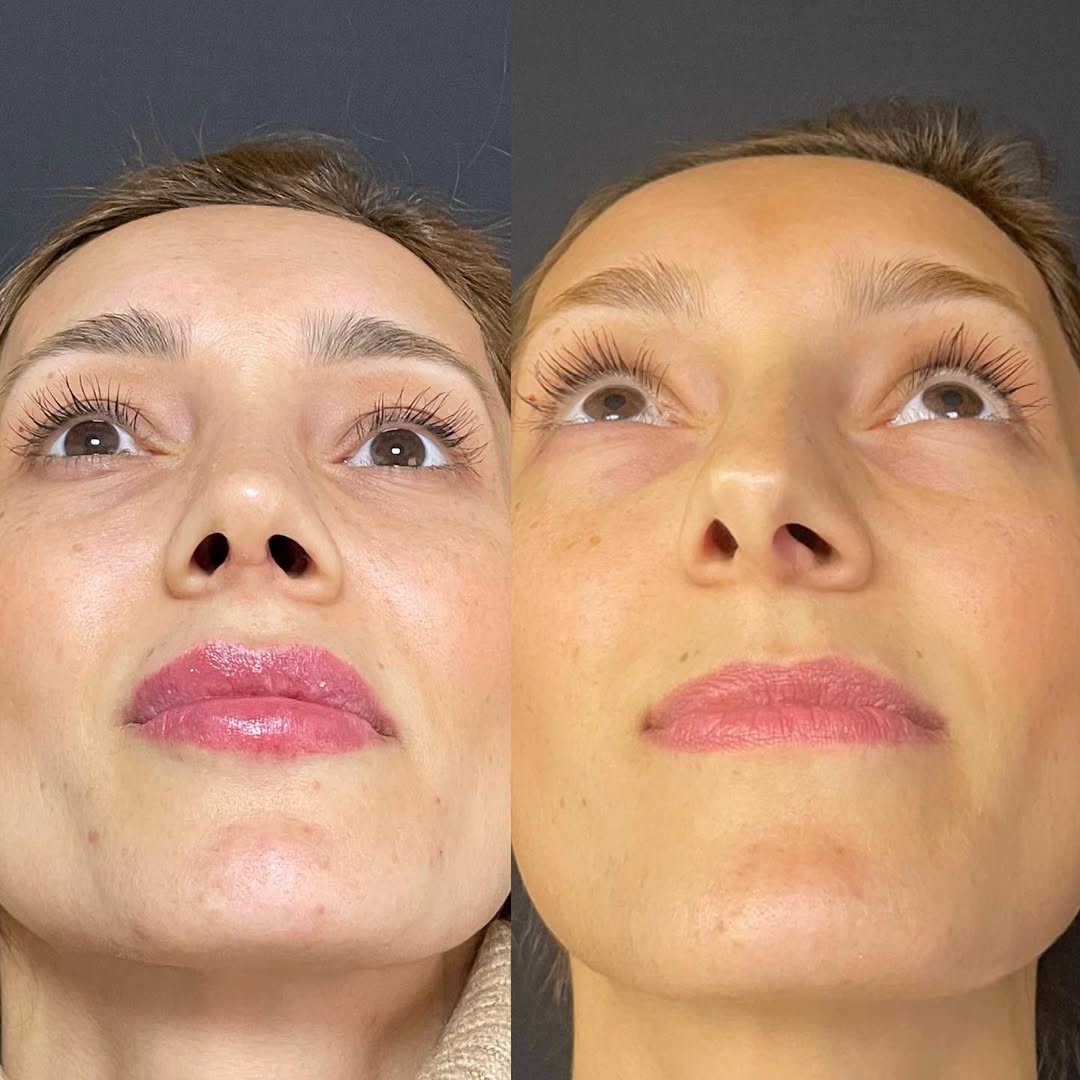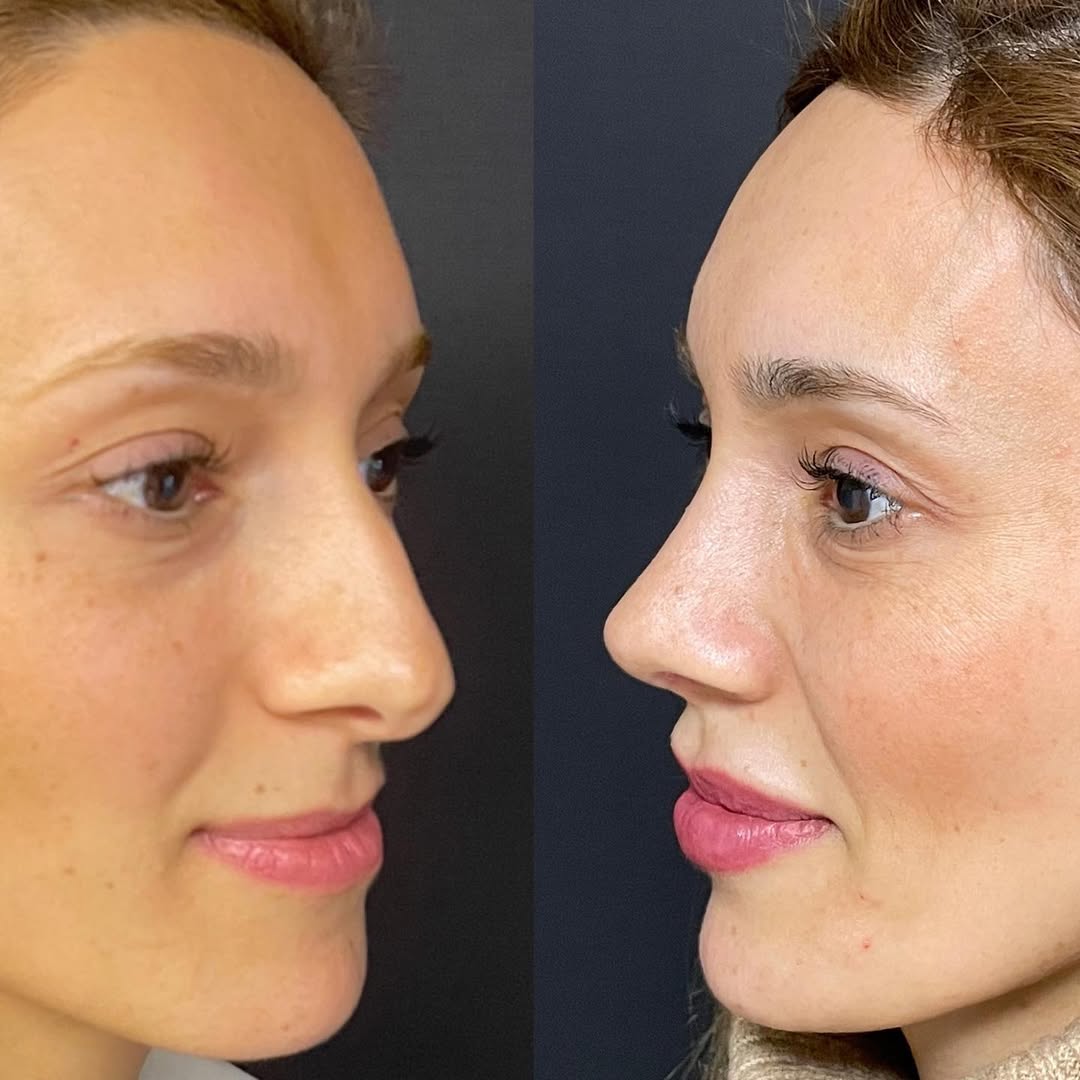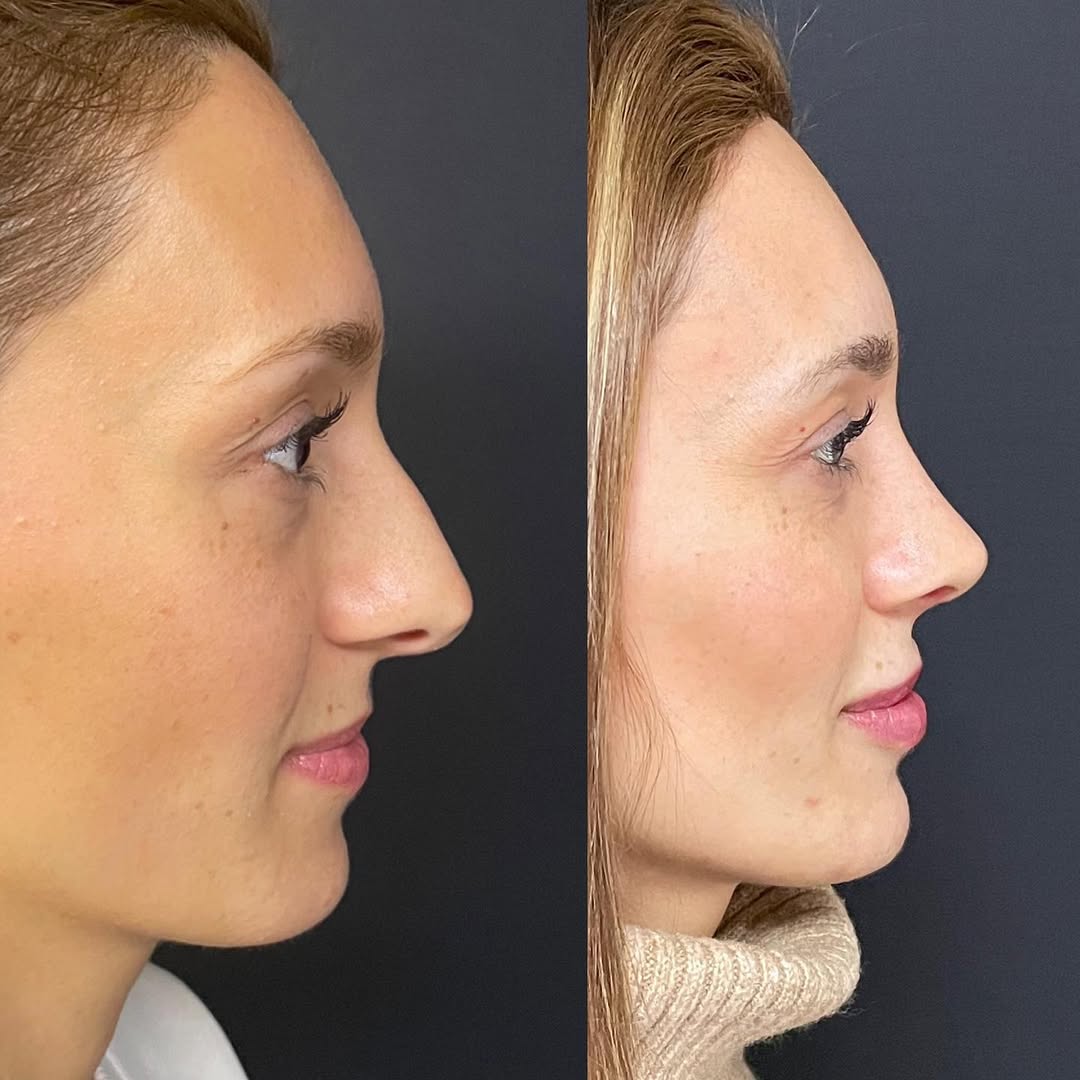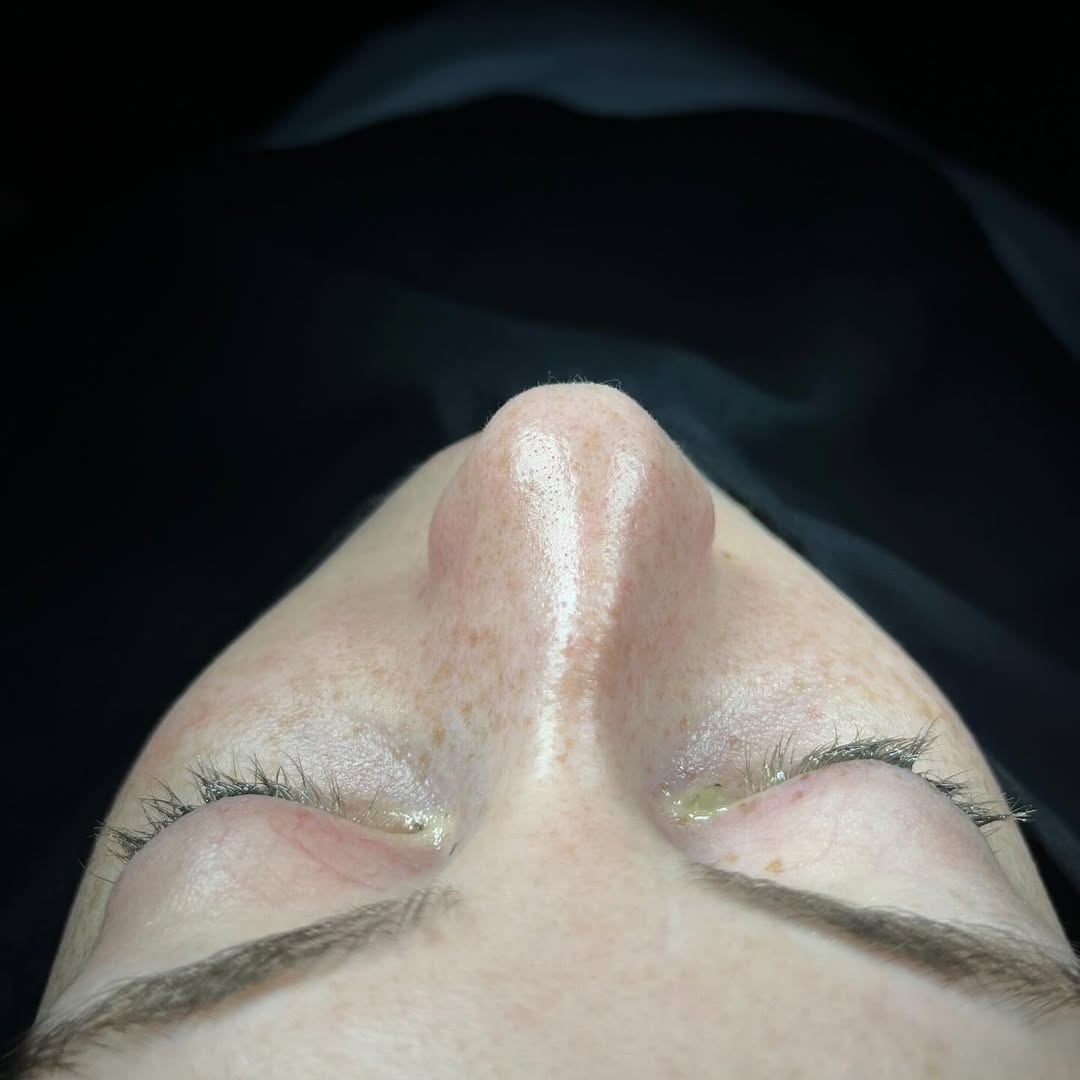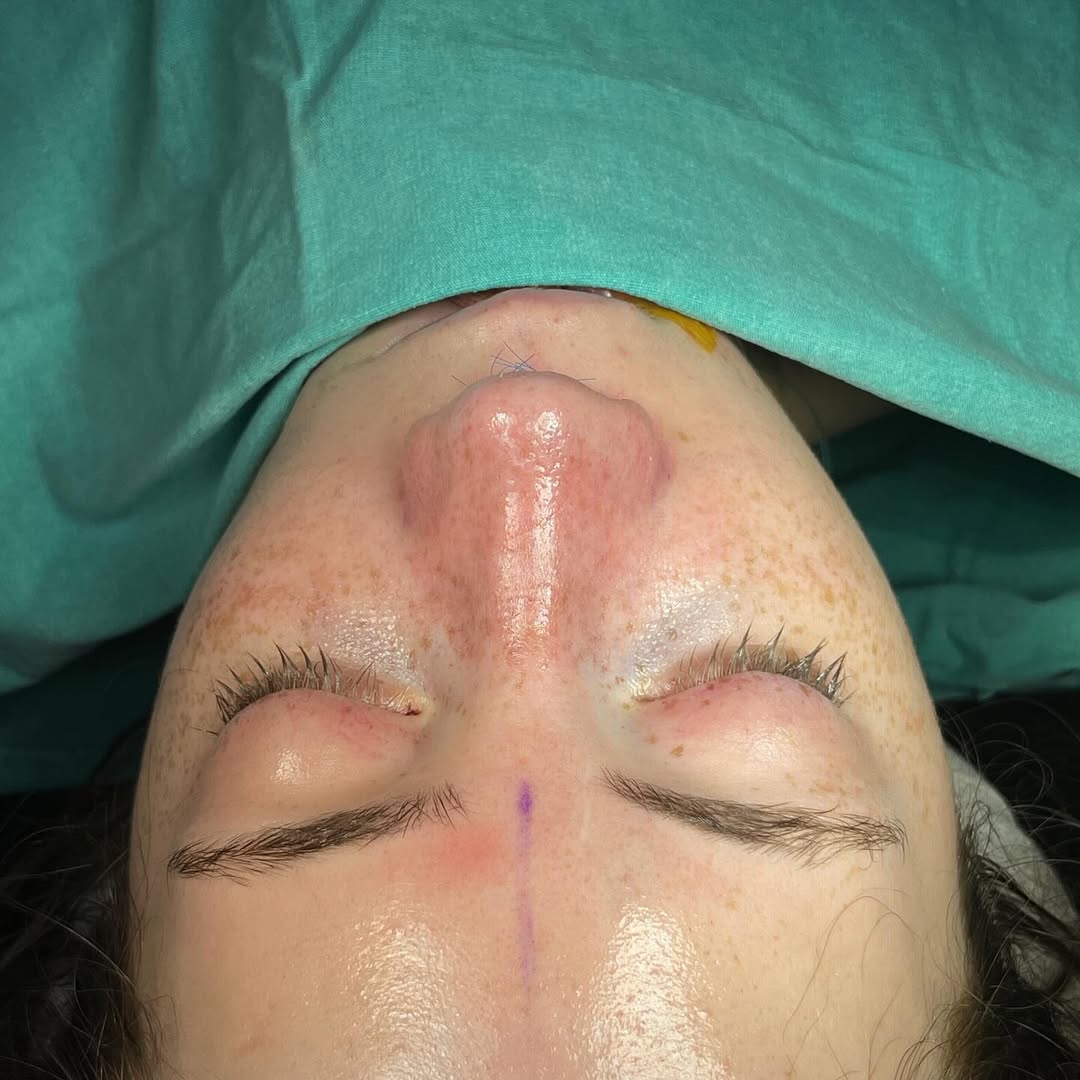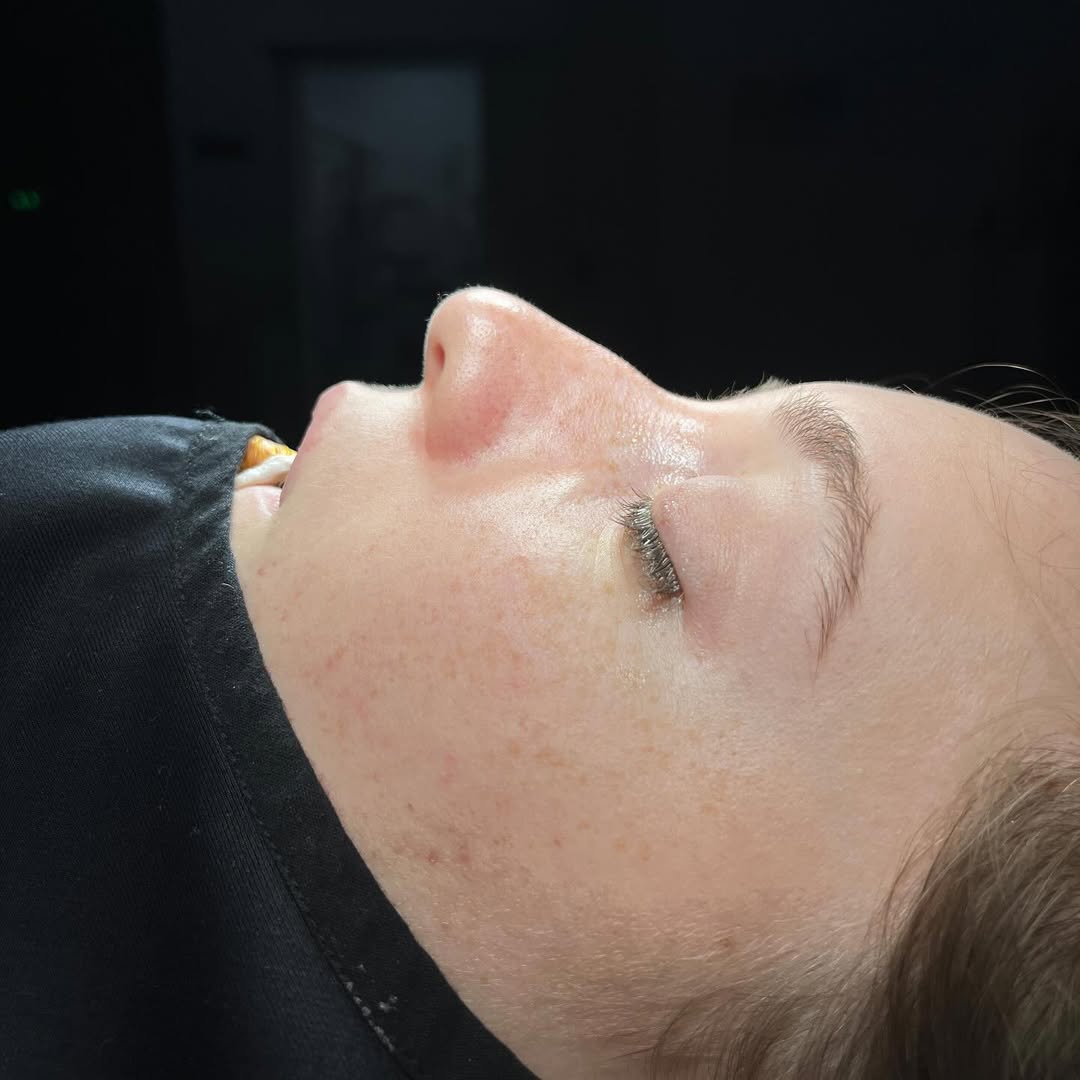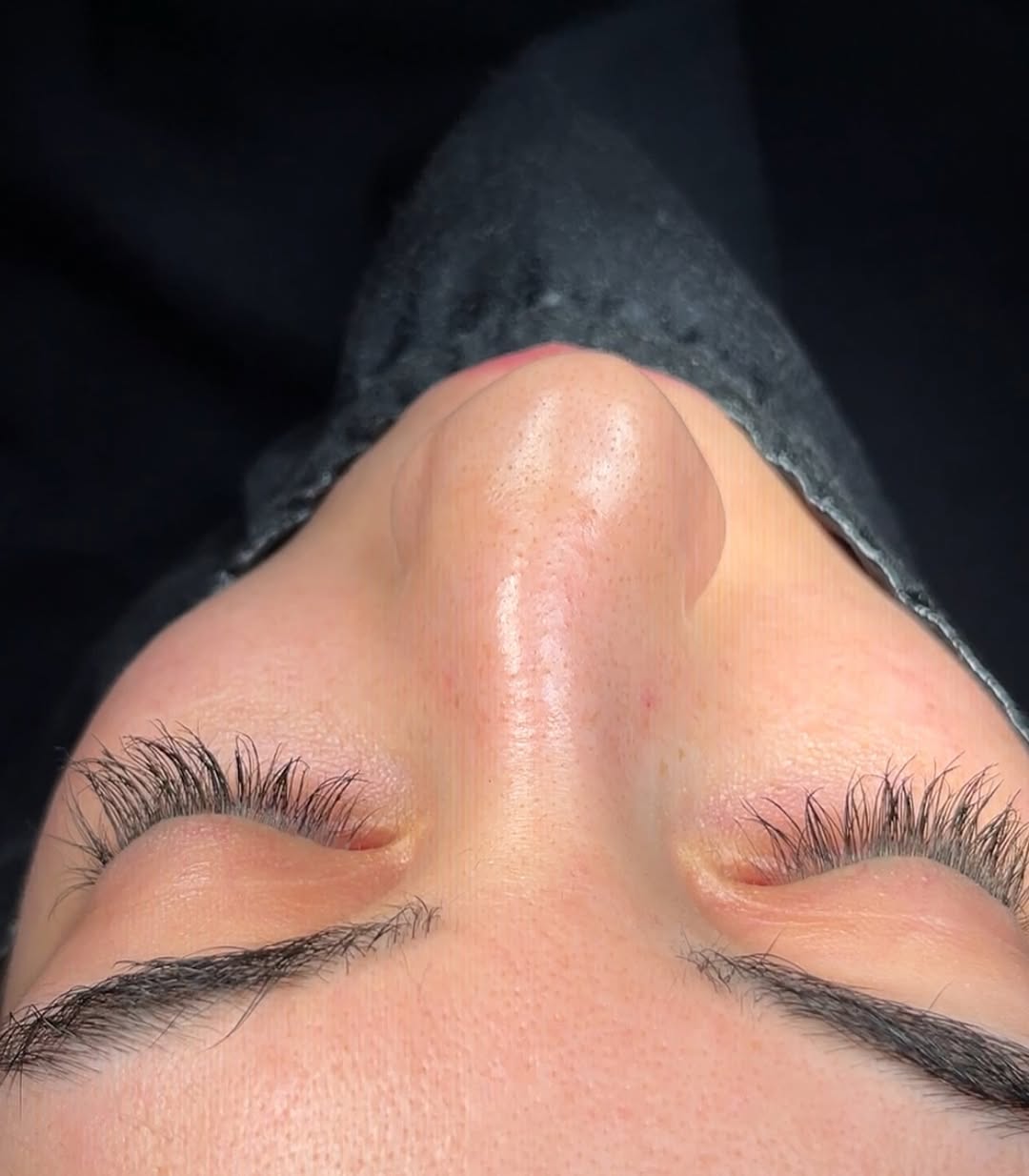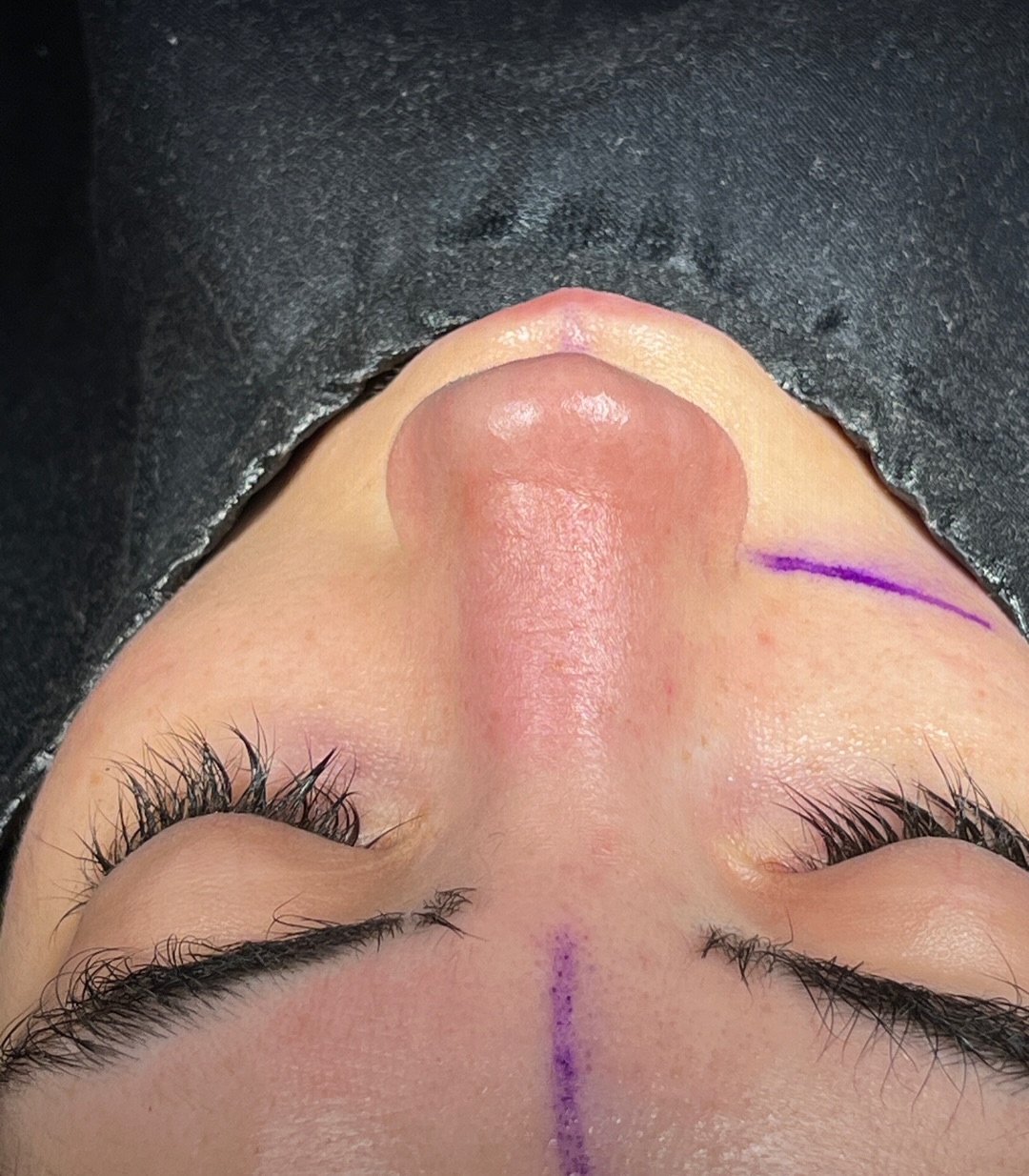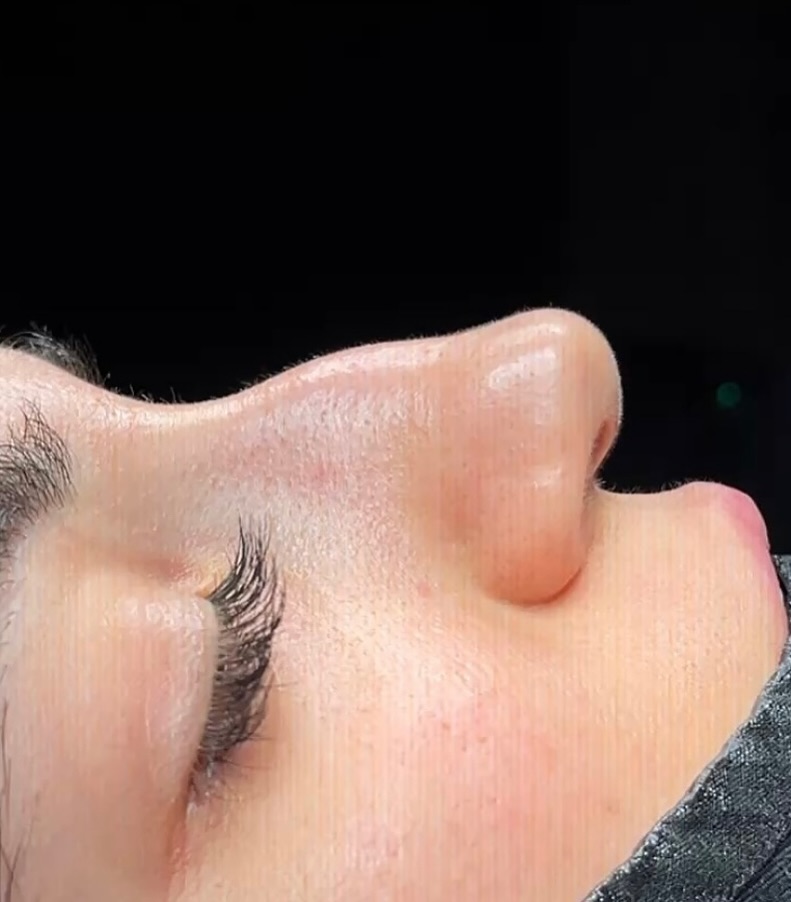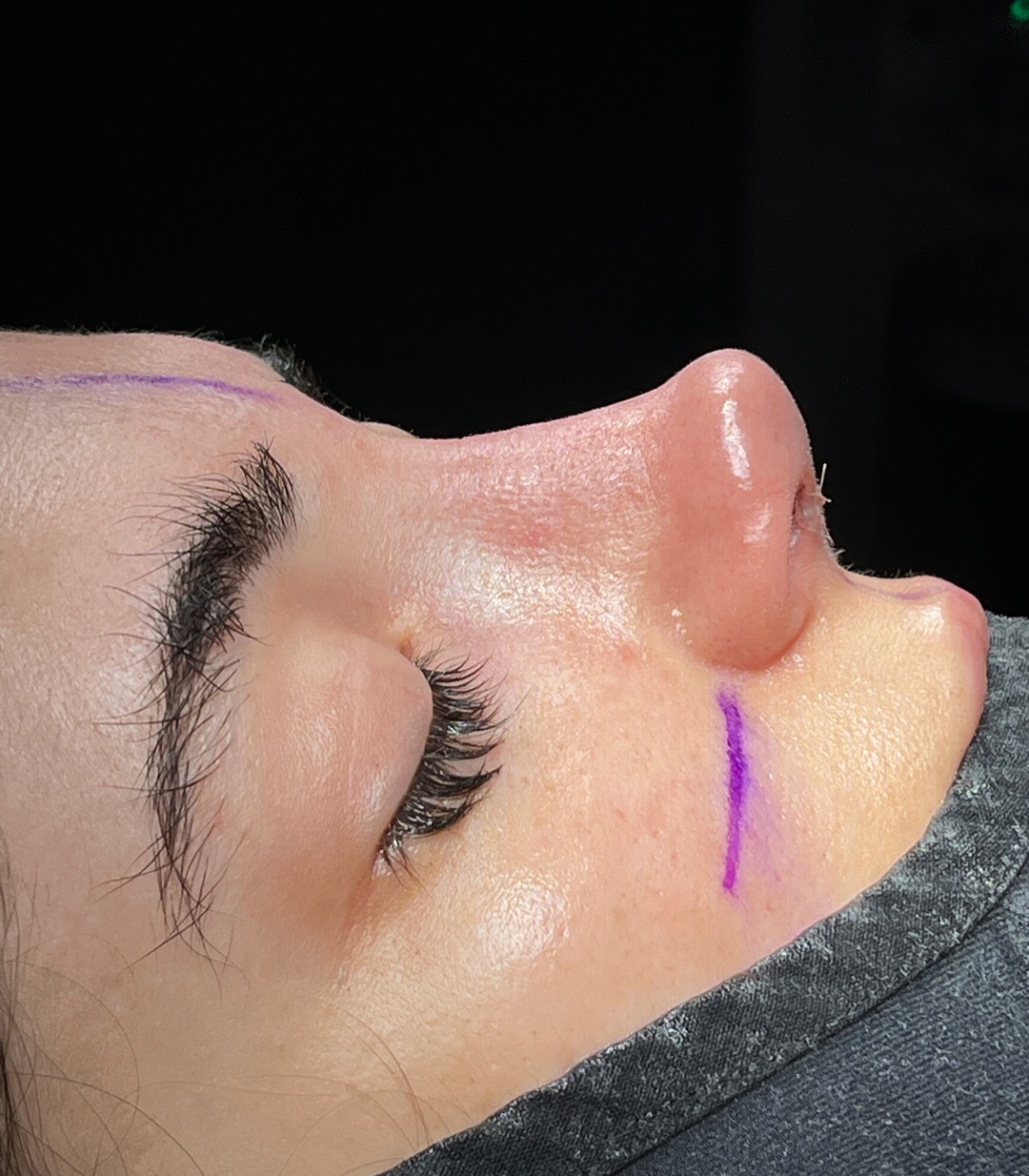Septoplasty is a surgical procedure that corrects a deviated nasal septum — the wall between the two nostrils. It helps improve breathing, reduces nasal congestion, and can enhance airflow through the nose.
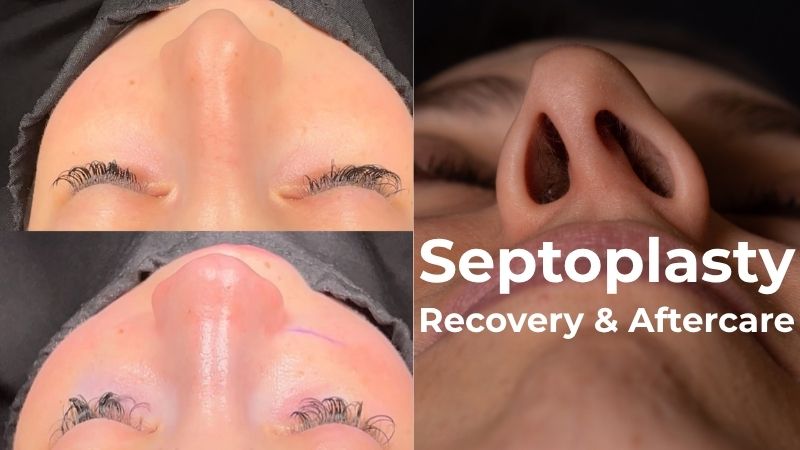
Septoplasty surgery
Not every nasal deviation requires surgery. Septoplasty is necessary when nasal deviation is accompanied by symptoms such as nasal obstruction, difficulty breathing through the nose, snoring, recurrent nosebleeds, frequent sinus infections, persistent postnasal drip, or chronic headaches.
What are the do's and don'ts after septoplasty?
Septoplasty is a delicate procedure performed on the septum, the area separating the nostrils. Septum deviation (septoplasty) is performed to correct curvature of the septum, facilitate breathing, and achieve aesthetic beauty. Postoperative care following septoplasty directly affects the success of the surgery.
- Rest until the nasal packing is removed after septoplasty.
- Avoid strenuous exercise, frequent bending, heavy lifting, and exhausting daily activities.
- Do not consume extremely hot or cold foods. Extremely hot foods such as tea, coffee, and soup may trigger bleeding.
- Use a high pillow.
- Be careful not to bend forward.
- Do not blow your nose. Clean your nose with nasal irrigation after rhinoplasty.
- Take short showers.
- Do not use very hot, steamy baths, saunas, or Turkish baths.
- Avoid staying in the sun or sunbathing during the recovery period after septum deviation.
- Do not use medications that increase bleeding, and do not drink herbal teas.
- Do not tamper with the tampons, and do not remove them yourself.
- Be aware that nasal congestion may continue for a while even after the tampons are removed.
Recovery process after septum deviation
First 24 hours:
- You may stay in the hospital for the first 24 hours after septum deviation surgery.
- It is normal to experience slight bleeding during the first 24 hours. A splint or tampon is used to support healing and control bleeding.
- It is normal to experience pain during the first 24 hours after septoplasty. To relieve this, use the painkillers recommended by your surgeon.
What to eat after septoplasty?
- As with any surgical procedure, healthy nutrition and plenty of fluids after deviated septum surgery support the recovery period and increase the body's resistance.
- Plenty of fluids also help reduce swelling in the body. Consuming warm foods is a necessary step to prevent bleeding inside the nose.
- Spicy and fatty foods should not be consumed during the recovery period after septoplasty.
Nose bleed after septum surgery
Mild bleeding during the recovery period after septoplasty is normal for the first few days. The patient should avoid behaviours that trigger bleeding or strain the nose, as well as irritating interventions during nasal cleaning. They should be careful when cleaning their nose after rhinoplasty.
If severe bleeding occurs after septum deviation surgery, you should report this to me immediately.
Recovery after septoplasty: the first 3 months
- Most of the scar tissue heals within three months after septoplasty.
- Scabs fall off.
- Most of the dissolvable stitches dissolve, and sensitivity inside the nose decreases.
- Most of the swelling caused by the surgery subsides. The nose begins to take its final shape, and aesthetic beauty begins to emerge.
- The patient experiences the effective results of the surgery, namely easier breathing.
- A follow-up examination is scheduled. The results of the surgery are evaluated to assess the success of the procedure.
You can get more detailed information about septoplasty by consulting ENT Specialist Op. Dr. Ümit Küçüktepe, who provides services in Antalya, and you can contact us for septoplasty prices.
Septoplasty before and after in Turkey, Antalya
How to protect nose after rhinoplasty?
Care and protection after nose surgery directly affect its success. What should be considered to protect the nose after septum deviation surgery:
- Follow the instructions after nose surgery as recommended by your surgeon.
- Avoid smoking and alcohol. Moisturise the inner mucous membrane of the nose with a nasal spray while also supporting this internally by consuming plenty of fluids.
Please contact Op. Dr. Ümit Küçüktepe for an examination and further information.
This article is for informational and advisory purposes. The recommendations of your surgeon, who will examine you and perform nose surgery, should be a priority.

